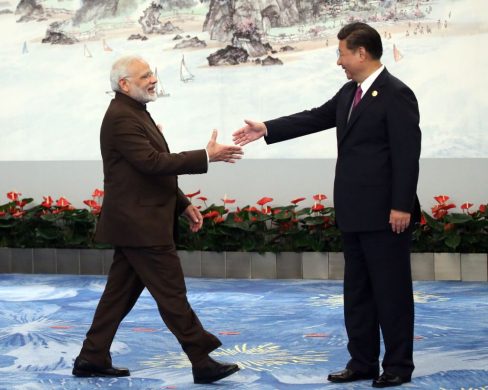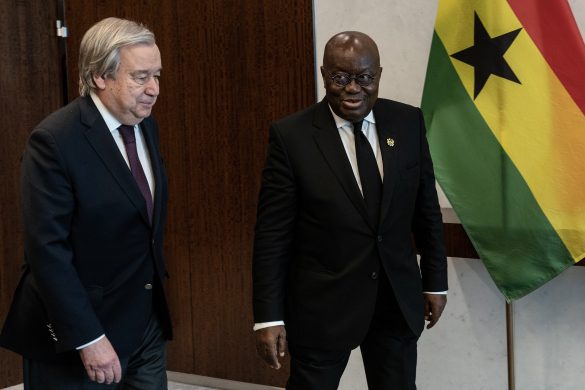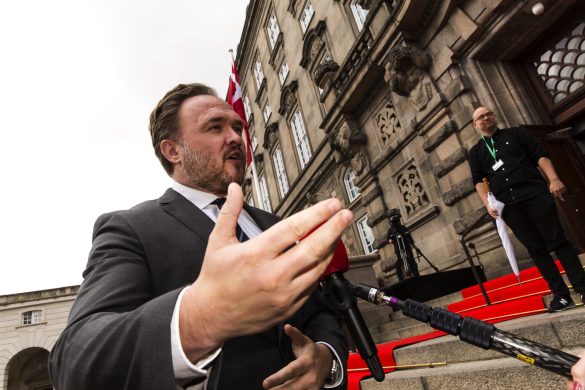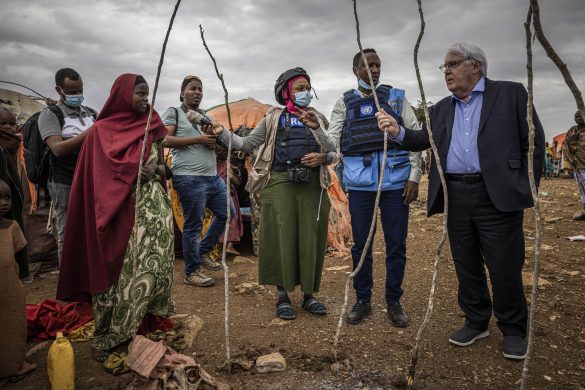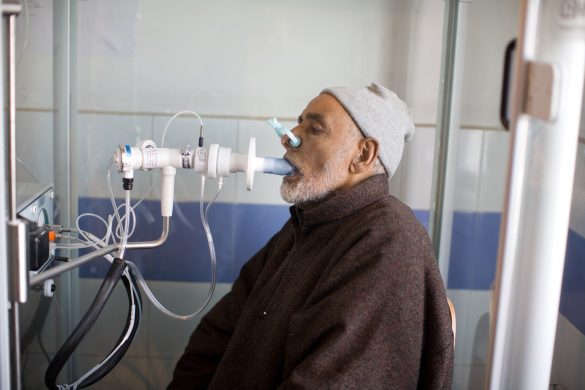An International Mission to Sri Lanka has released a key report in the wake of a press freedom mission to Sri Lanka identifying key challenges for the country’s journalists and media. The report comes at the end of 25 years of internal conflict and the inauguration of a new phase of political contests.
By Robert Shaw, International Media Support (IMS)
COLOMBO, 12 January 2010: The Mission, supported by International Media Support (IMS) and the European Commission, included delegates from the International Federation of Journalists (IFJ), the International Press Institute (IPI) and IMS. The delegates met with journalists and editors from the capital Colombo, as well as the North and East of the country in late November and identified the current political circumstances as embodying numerous threats and opportunities for journalists.
Media fighting to reassert independence
This is the fourth Mission to Sri Lanka since 2006 and comes at a key point where both the media and media support organizations are fighting to reassert their independence. With Presidential elections approaching on 26 January, the current tension mounting around the entry of a former army commander into the race for the Presidency this year has thrown the contest open and provided an opportunity for local media to create more space for itself. However, at the same time, the heightened intensity of the political contest may also generate threats against journalists who do not toe the line.
Abuse of media an election campaign issue
Certain new flashpoints have emerged in the ever-present fraught relationship between the media and political power-holders. Any reporting on official decisions made during the final stages of the war earlier this year and the humanitarian consequences is actively discouraged. Despite this element of coercion on the media, this issue has been coming up in the campaign debates between rival candidates for the presidency.
The opposition’s common candidate for the presidency, General Sarath Fonseka, has highlighted the abuses suffered by the media during the years of war, especially in its final stages. If elected, he has committed himself to addressing these abuses in a spirit of candour and reconciliation. The media community is encouraged by these commitments, though certain among them recall his own far from spotless record, especially when it involved media criticism of his war-time role as Sri Lanka’s army commander.
Dismal record of media abuse
The actual record of addressing past abuses has been dismal, with little progress recorded in the investigation of the most conspicuous cases, including the murder of Lasantha Wickramatunge in January 2009.
The IFJ mission report “War’s end brings new challenges” documents the current stage of the investigations into this and other cases. It inquires into the conviction of J.S. Tissainayagam on terrorism charges and examines the credibility of the prosecution case, especially in view of the unconditional discharge of two of his co-accused.
In a climate of intolerance, several journalists are being induced to give up efforts to obtain redress for violations of their rights. The mission observed that journalists are being required to withdraw applications under the fundamental rights provisions of the Constitution only to be released after prolonged periods in wrongful detention.
Commitment to self-regulation
Journalists and publishers have renewed their commitment to a code of self-regulation in opposition to recent moves by the Government to revive a coercive form of media regulation, embodied in legislation dating back to 1973.
Changing course
The mission report concludes with recommendations that would set the relationship between the media and the Sri Lankan state on a different course. These include the return of all exiled Sri Lankan journalists as well as the independence of state media institutions giving free space to report on the ongoing election campaign and the conversion of these institutions into a public service trust. The mission also recommends the enactment of right to information legislation and the addressing of all past abuses in a spirit of truth and reconciliation.






